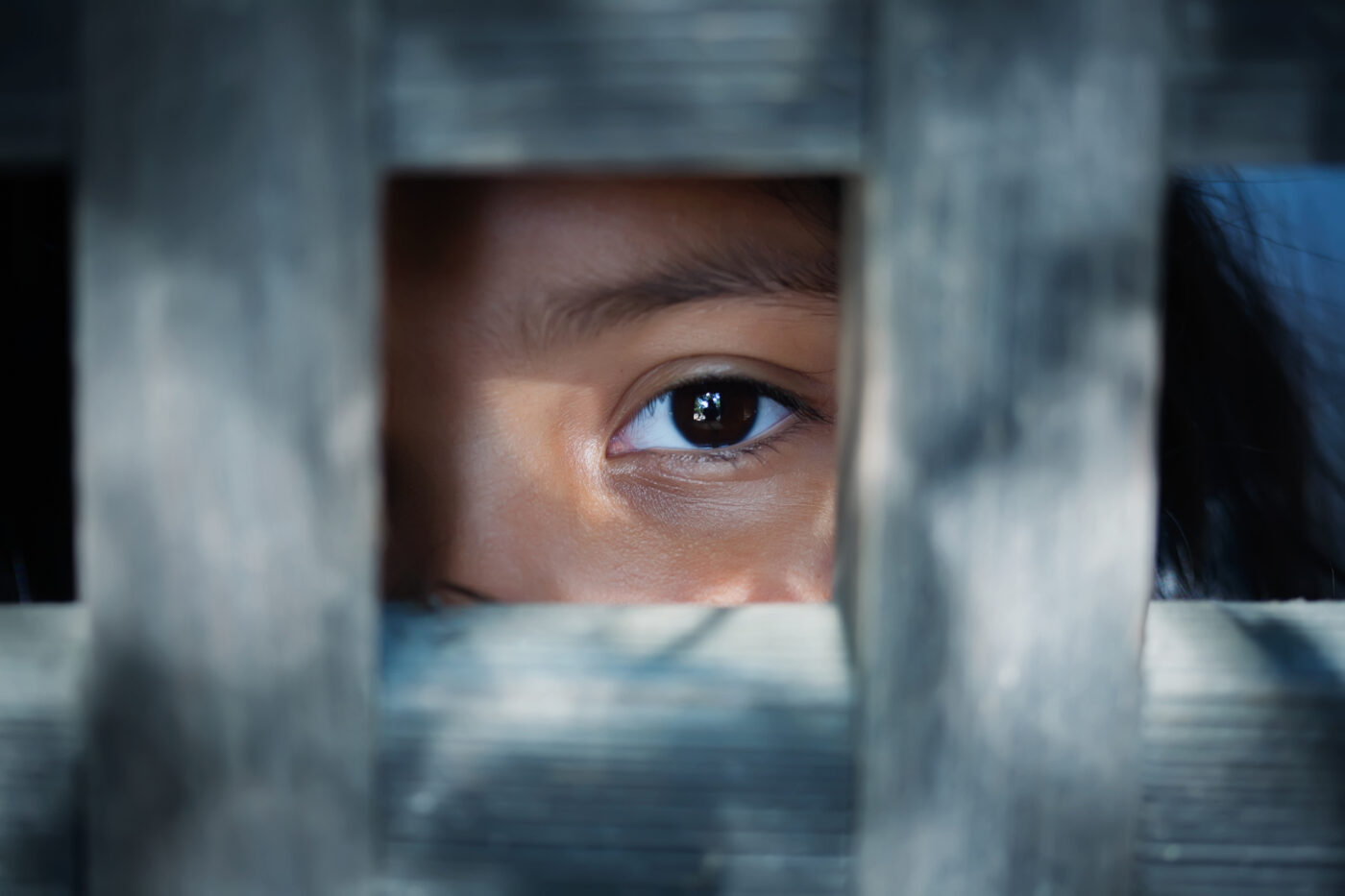Every time someone passes in front of our house, our dog barks. It’s the only thing about him I don’t like. He’s even doing it as I write this. However, when someone or something gets close to the house, he has a different bark. It’s a high-intensity and loud warning to the whole house that there is a potential threat. Hopefully, this article will be that for you by making you aware of the signs of grooming.
Grooming is one of the most damaging threats our kids face. It often happens without the parents’ knowledge, typically by someone who gains the trust of the parents, such as a friend or a family member. If the signs of grooming were easy to catch, we’d have a lot fewer kids suffering abuse. So, we need to have our radars up. Here are 5 signs your child is being groomed.
Note: There could be other reasons for these signs. It might not be grooming. However, if you’re seeing these signs, you need to pay close attention and investigate to make sure your child is safe.
1. Your child receives a lot of attention from a person.
One of the first things a groomer will try to do is earn access to the child by gaining trust. Please note that gaining your trust in addition to the child’s will be a part of this process. The perpetrator will give the child a lot of attention. More than likely, they will love bomb the child with compliments and potentially also gifts. Does your child have toys, clothes, or other valuables that arrived without your knowledge?
2. Your child becomes isolated.
A groomer will look for opportunities to be one on one with the child. The more access the person has, the more he or she will attempt to separate the child from family and friends. Groomers will often use guilt or fear with the child. They will tell the child that he or she will get in trouble if someone finds out. It makes the child feel trapped. If your child shuts down more and more or isolates in his or her room, it could be a sign of grooming.
3. Your child exhibits unusual behavior.
Kids being groomed may exhibit mood swings, wet the bed, or become more secretive or closed off. They are dealing with a tremendous amount of shame that will affect their behavior. That shame will make them want to hide. Be patient, persistent, and gentle as you try to uncover the reasons for their change in behavior.
4. Your child becomes more desensitized to crude humor and content.
One of the tactics a child predator uses is pushing the boundaries of what is acceptable. Introducing crude jokes, sexual talk, or pornography is often an initial step to desensitize the child. If you notice your child’s speech beginning to change, talk to him or her about where it’s coming from. However, it’s important that you are a safe place for your kids to share.
5. Your child has an aversion to a certain person.
The child may show an aversion or discomfort about being with the person. This could be shyness or social anxiety, but don’t just assume that. Ask with gentleness and patience why they don’t want to be around that person.
What should you do if you see signs of grooming?
Do not let your child be alone with the person. Your child’s safety is your number one priority. As Psalm 82:4 encourages us, “Deliver [the weak] from the hand of the wicked.” Talk to your child about what is appropriate and not appropriate in terms of touching, jokes, and conversation. Ask your kids if they have experienced inappropriate behavior from an adult. Assure them that they will not be in trouble. If a line has been crossed, report it to the proper authorities.
Sound off: What are some other possible signs of grooming?
Sources:
Dee Norton Child Advocacy Center
https://www.deenortoncenter.org/events-resources/five-strategies-to-help-children-identify-grooming-and-prevent-sexual-abuse/
NSPCC
https://www.nspcc.org.uk/what-is-child-abuse/types-of-abuse/grooming/
Apple and Morse: Attorneys at Law
https://www.appelmorse.com/blog/2021/may/signs-of-child-grooming/
National Center for Victims of Crime
https://victimsofcrime.org/grooming-dynamic/











Huddle up with your kids and ask, “Has an adult ever made you feel uncomfortable?”